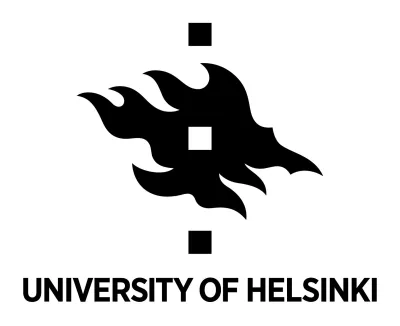Finland

Teivo Teivainen
Dr. Teivo Teivainen is Professor of World Politics at the University of Helsinki, previously Head of Political Science Department. He is currently Chair of the Finland’s National UNESCO Commission and a Fellow at the Helsinki Collegium for Advanced Studies. Teivainen’s awards include Amartya Sen Prize of Yale University, Hopkins Award of the American Sociological Association and Outstanding Activist Scholar Award of the International Studies Association. In Finland, he has received Academy of Finland Recognition Award, Pro Feminism Award, JV Snellman Public Information Award, and Ovet Award for advancing knowledge about Russia in Finland.
It has become a commonplace to include globally active social movements and business corporations in any serious account of world politics. Yet, there is little systematic research on the theoretical implications of taking seriously the claim that these kinds of non-state entities are political actors. What does the political mean in this context? In existing research, the political nature of social movements and business corporations is mostly assessed based on how they interact with states. This kind of state-centrism prevents us from having a realistic understanding of the role of these entities in contemporary world politics. The world cannot be properly understood through theoretical lenses that consider states as the exclusive domain of the political. The novelty of Teivo Teivainen’s project is not merely to establish that big corporations or social movements are in some sense political. The aim is to explore how their political nature can mean something more than their connections with states. Following insights made by political theorists such as Nadia Urbinati, representation, speaking in the name of others, is a key aspect in the move from being a social actor toward being a political actor. Therefore, Teivainen’s project opens new possibilities for the study of transnational representation, which he postulates as a key aspect of the emerging global political.
Democracy, global political economy, transnational representation
